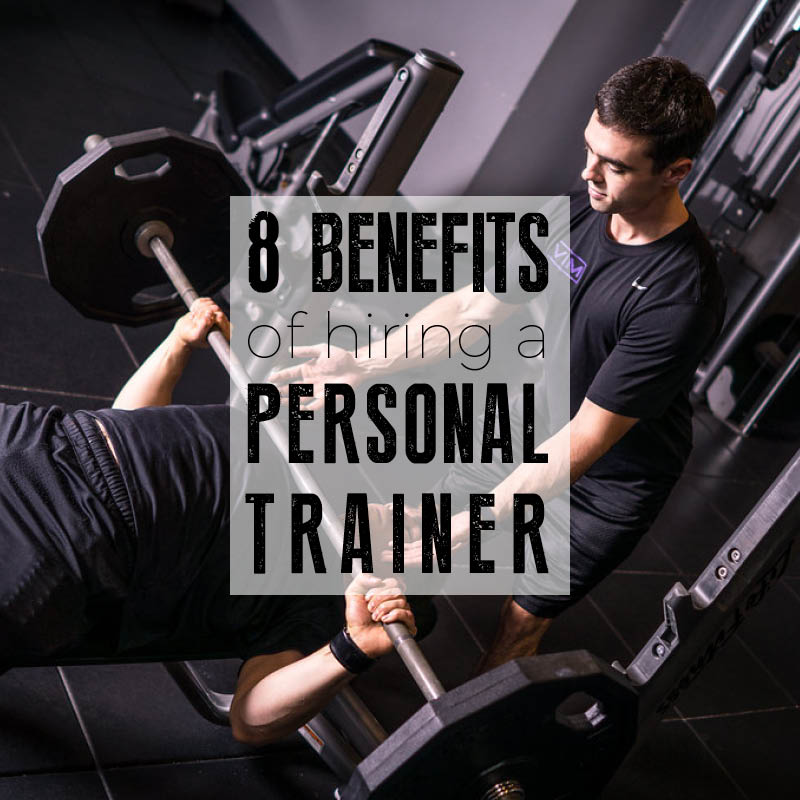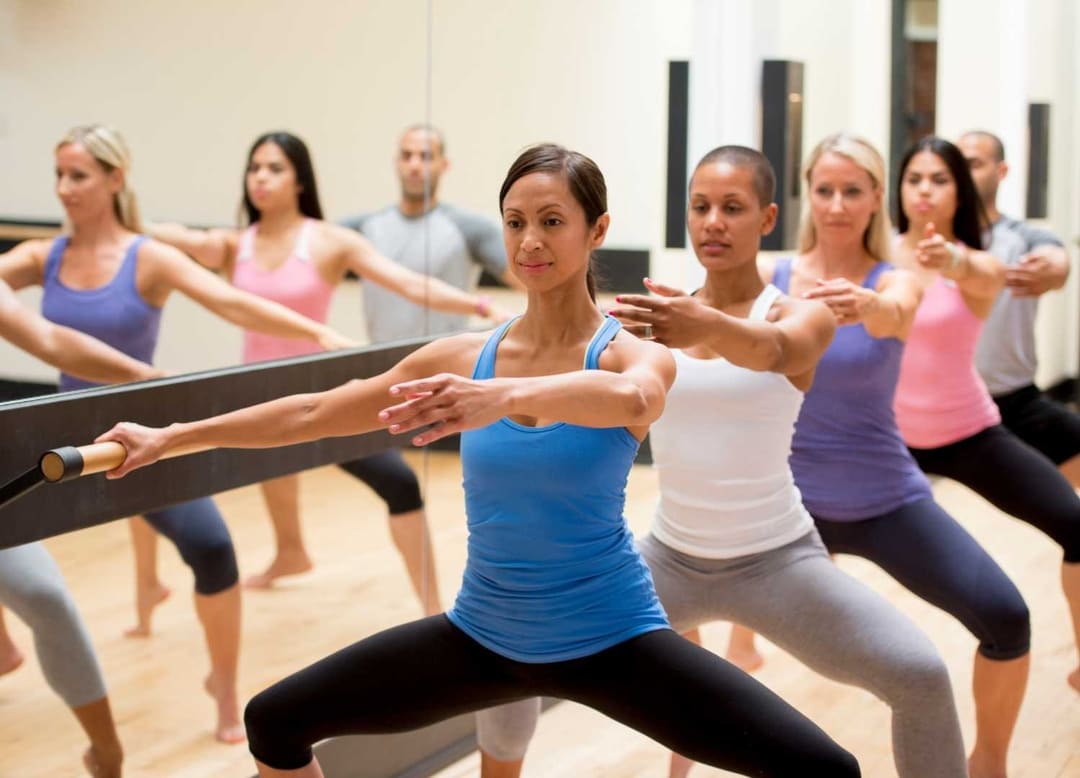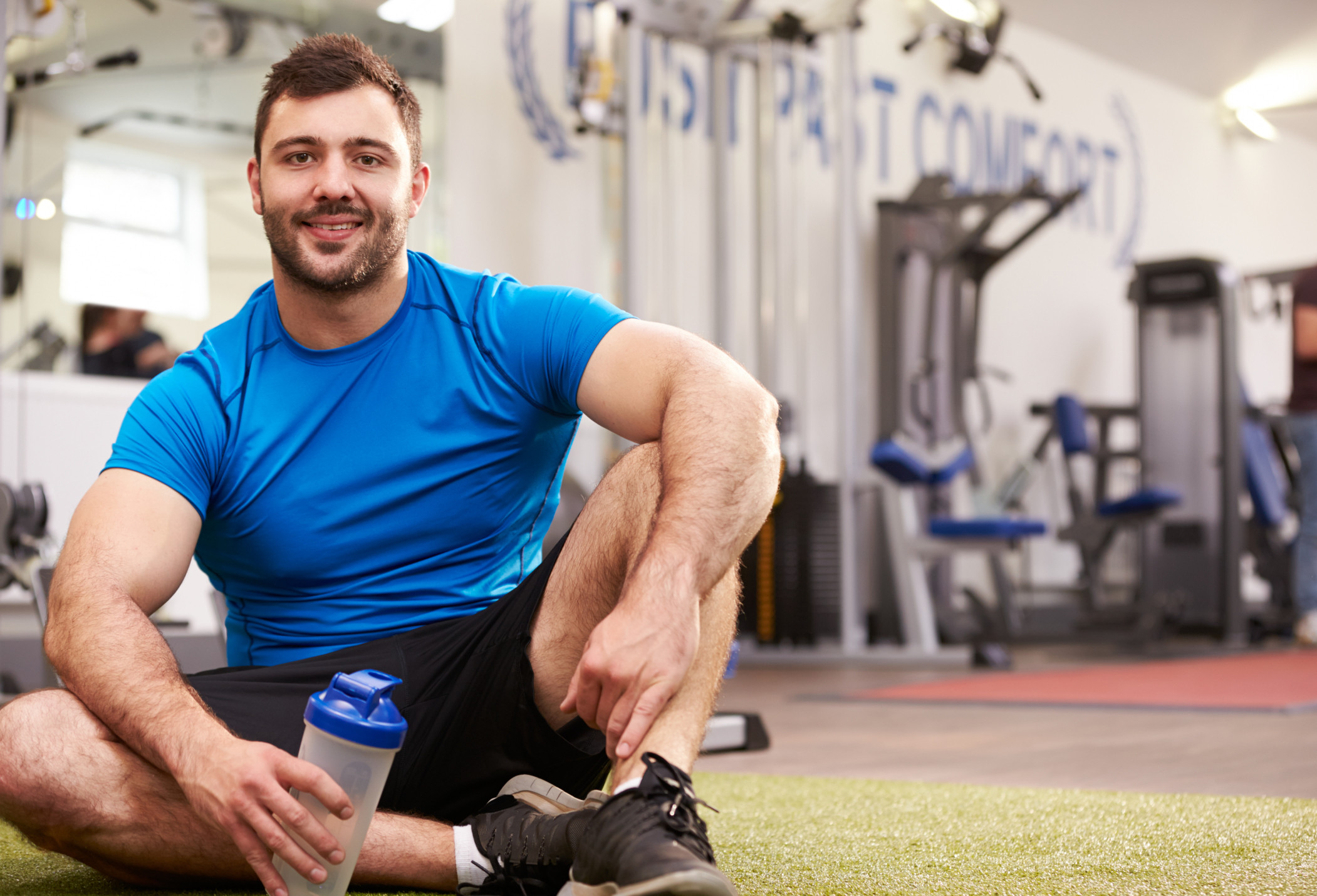
There are many benefits to doing resistance training at home. These include building lean muscles, strengthening muscles, and lowering your blood pressure. They provide physical benefits as well as lowering blood pressure. To get started, simply find an exercise that fits into your schedule.
Strengthens muscles
Good health is strongly tied to muscle-strengthening activities. Despite this link, an overwhelming number of adults are not exercising at the recommended level. Consequently, this area of research has received little attention, despite its importance for the prevention and treatment of chronic diseases. Future research should center on standardizing assessment tools, the development of devices for measuring muscle strength and incorporating these exercises into existing health surveillance systems.

Builds lean muscle
Strength training is an excellent way to increase muscle mass. You will be able to carry groceries, climb stairs, and lift boxes. You'll feel more confident and will have a healthier body. But before you begin doing any muscle building exercises, it's important to understand what it takes to build muscle.
Lowers blood pressure
Research shows that resistance training exercises at home can reduce blood pressure. These exercises target the entire body and lower arterial blood pressure. These exercises could have negative effects. An adverse effect of these exercises is an increase in sympathetic tonus.
Stimulates osteoblasts
It is best to do weight-bearing exercises to increase bone mass. This exercise causes the most stress to the bones and activates osteoblasts, which are bone-forming cells. In women, weight bearing exercises can improve bone strength as well as mineral density.
Increases the metabolic rate
Resistance training exercises are very effective for increasing your metabolism and achieving weight loss goals. They can be used for long-term weight management and weight control. Your body is impacted by resistance training. This includes your muscles. Your total energy expenditure is affected greatly by your resting metabolism rate (RMR). In fact, it accounts for 60-75% of your total energy expenditure when you are not exercising. Resistance training can help you burn fat while also preserving muscle tissue and preventing muscle loss.

Supports the building of bone
Weight bearing exercises strengthen bones by forcing your body to resist gravity. These activities could include walking, running, climbing stairs or playing tennis. Weight-bearing exercises are also important for people with musculoskeletal conditions such as arthritis. At least 30 minutes of weight bearing activity should be included every day if you are interested in strong bones.
FAQ
Are there exercises I shouldn’t perform?
Before starting any new exercise program, you should consult your doctor. Some people have injuries or medical conditions that prevent them from doing certain types of exercise. You may also need special equipment or training for certain activities. Swimming requires you to have a swimsuit and access to the pool.
How does caffeine impact my sleep?
Caffeine can affect how quickly you fall asleep, and how well you sleep. Caffeine can cause drowsiness that makes falling asleep much easier. But caffeine keeps you awake longer, making it harder to fall asleep again. Drinking coffee or energy drinks before bedtime is a bad idea.
How do I get started with fitness?
Start small. Begin by taking 10 minutes each morning to walk around the block. This will show you how to move and give your muscles the time to adjust. Once you are comfortable with this form of exercise and have gained some experience, you can start adding steps to your daily workout routine.
What is Cardio Exercises?
Cardiovascular exercises are ones that make your heart and lungs work harder. Jogging, swimming and rowing are just a few examples. These activities can help you lose weight and speed up your metabolism. They can also help you stay fit by strengthening your heart and lungs.
When I exercise, should I consume alcohol?
Drinking alcohol is high in calories so it's best to not consume too much while working out. A moderate amount of alcohol, one drink per day, may be beneficial for endurance during exercise. It can also help reduce fatigue and muscle pains caused by intense exercise.
Exercise can I help me lose weight
Yes. Regular exercise is a great way to lose weight. You can also increase your metabolism, which means you will continue to burn calories even if you don't exercise.
Statistics
- According to the Centers for Disease Control and Prevention, chronic diseases cause 7 out of 10 deaths in the U.S., and treating chronic diseases accounts for 86% of U.S. healthcare costs. (mana.md)
- Adolescent girls were less active than adolescent boys, with 85% vs. 78% not meeting WHO recommendations of at least 60 minutes of moderate to vigorous intensity physical activity per day. (who.int)
- An estimated 110,000 deaths per year could be prevented (cdc.gov)
- One study showed that adults who watch more than 4 hours of television daily had an 80% higher risk of death from cardiovascular disease. (heart.org)
External Links
How To
How to Keep Fit during Pregnancy
Your body goes through many changes when you get pregnant. Due to the fact that you are having a baby inside of you, your metabolism will slow down. You also eat less. Lack of sleep could make you feel sick. You don't have to be sick to enjoy this moment in your life. There are ways you can make sure you stay healthy!
First things first, you should check with your doctor before starting any exercise routine. They can tell you what exercises you should avoid and which ones are safe for you to do. Also, ensure you eat well all through your pregnancy. This includes eating plenty of protein, fiber, and iron. Third, it is important to drink plenty. Since sweat causes fluid loss, it is especially important that you drink water while you exercise. Don't forget to take care of the feet. You should always keep your feet dry, and wear shoes that provide support. Make sure to eat small meals, such as toast or crackers, if you have morning sickness. It could lead to nausea.
-
Take care of your health. A healthy diet will be important throughout your pregnancy.
-
Stay Active. At least 30 minutes of exercise daily
-
Maintain a healthy weight Eating smaller meals and snacks can help you lose weight.
-
Get Enough Sleep. Sleep should be at least 7 hours each night.
-
Manage Stress. Learn relaxation techniques.
-
Avoid Alcohol. It can lead to miscarriage, and even birth defects.
-
Be kind to yourself. Don't push yourself too hard.
-
Take Care of You. It is important to have someone keep an eye on you whenever you feel the need.
-
Relax. Do things that bring you joy.